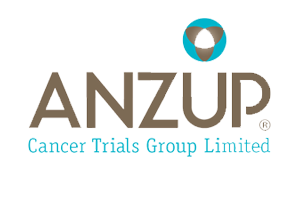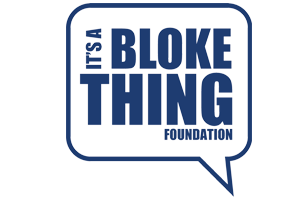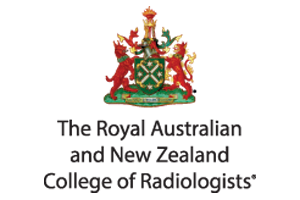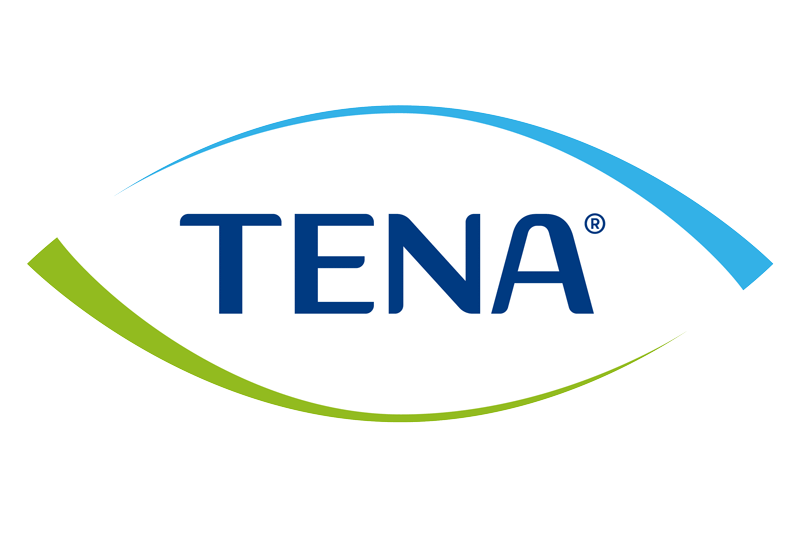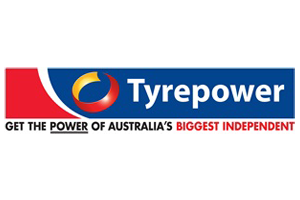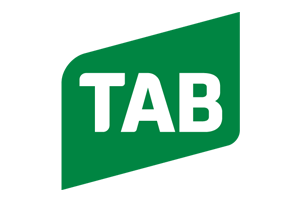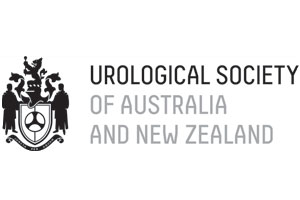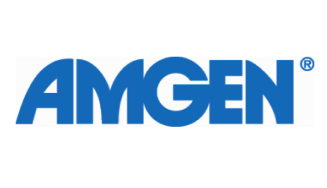02 May 2023
By Tim Baker
Last week, I had the great privilege of being involved in a patient forum for men living with prostate cancer at the Australian Prostate Centre in Melbourne.
This one-day workshop was designed to equip men with the tools to best manage their PC diagnosis and the side effects of treatment, to maintain and enhance quality of life.
Largely driven by APC resident psychologist Max Rutherford, who specialises in counselling men with PC, the forum was based on the M.E.D.S self-care acronym I wrote about in my cancer memoir, Patting The Shark: Meditation, Exercise, Diet, Sleep.
These have been the pillars of my own cancer self-care and Max saw enough merit in the concept to gather an audience of 40 men, and a panel of presenters with relevant qualifications in each of the four pillars. The idea was to discuss the evidence base for each of these pillars in managing a PC diagnosis, marrying clinical research with my own first-hand experience and input from the audience.
The day was kicked off by medical oncologist Nathan Lawrentschuk, from Royal Melbourne Hospital, providing an overview of the current treatment protocols for prostate cancer treatment, the promising evidence for lifestyle interventions, and the hopeful developments in future treatment options.
The rest of the day was devoted to sessions on the four pillars of the M.E.D.S. paradigm, starting with meditation, and then finishing off the day with a lively discussion on erectile dysfunction, led by the APC’s resident prostate cancer nurse Michael Cromer. The tone of the day was deliberately upbeat, optimistic and supportive as a counterpoint to the grim cancer communications many of us are subjected to throughout our diagnosis and treatment.
Max led the session on meditation, as an experienced meditator and teacher, followed by a short back and forth between us and questions from the group, setting the pattern for the day. I always find there are a lot of misapprehensions about meditation, shrouded in a perceived mysticism. My role, I sense, is to normalise the practice, an exercise in training the mind to quieten the cycling anxieties of a cancer diagnosis. There was an admirable openness and enthusiasm in the group and I’m hopeful many went away with a new determination to introduce this invaluable practice to their lives.
Exercise physiologist Molly Lowther led an excellent session on exercise, getting the assembled blokes on their feet and engaging in some gentle stretches and even some hopping, which was a delightful scene. Molly is clearly well-versed in the tricky business of getting men with PC moving their bodies and peppered her presentation with the compelling evidence for exercise to improve bone density, muscle mass, cardio-vascular health and other factors compromised by hormone therapy.
Nutritionist Remi Odisho explained the merits of a predominantly plant-based diet, and the particular virtues of a Mediterranean diet, with lots of fresh fruit and vegetables, fish, olive oil, not too much red meat and light on processed foods. He made the virtuous goal of eating well seem appealing and pleasurable rather than a deprivation, which has certainly been my experience. The lively volley of questions from the group made a lie of the old stereotype that most blokes can’t be arsed eating well.
Then sleep therapist Brindha Pillay discussed the principles of good sleep hygiene, getting off devices at 30 minutes or an hour before bed, having a pre-sleep ritual, avoiding too much stimulation prior to bed and other handy tips. And I spoke a bit about the benefit I’ve enjoyed from medicinal cannabis oil in assisting with sleep and easing anxiety.
The day was interspersed with morning and afternoon tea, a healthy lunch, a few short stretching and meditation exercises which I think helped the day flow and avoided information overload. Michael’s final session on erectile dysfunction then benefited from the warm atmosphere of sharing thus generated. I can’t think of too many other times I’ve been a part of a group of middle-aged and elderly men discussing their erections or lack thereof, and the potential to address this through a range of medical intervention, from pills and pumps, to injections and implants. Some men were able to share their own experiences and answer questions for others.
The feedback to the day was very positive.
“I wished there’d been something like this when I was first diagnosed,” one man told me.
“This is nothing like going to a doctor’s appointment,” said another.
Feedback forms delivered at the end of the day reflected enormous appreciation for the format and content of the day, with an average rating of 9.5 out of 10.
A few comments:
“Fantastic presentations from all.”
“All speakers were articulate and on top of their subject matter. Answered all questions well.”
“Great structure. Intersection of guest Tim’s lived prostate experience, with APC experts.”
“Lots of insights, questions. Well addressed and answered. Not rushed.”
“The connections between MEDS - absolutely insightful.”
“Perfectly pitched for the audience. Easily Understandable.”
“Lots of info and very helpful.”
With proof of concept, and the lessons from this pilot event, I’m confident this is something we could replicate in other regions with a local panel of experts, and could be adapted for other cancers or chronic illness.
Having someone with lived experience of the condition helping facilitate is key I think as this helps generate trust and empathy. And having health professionals with relevant qualifications adds a layer of credibility. Who’d like to see this show taken on the road?
Special thanks to Max Rutherford for making the day happen, the wonderful staff at APC for looking after us so well, and to all the participants for sharing so openly and being so receptive.
About the Author
Tim Baker is an award-winning author, journalist and storyteller specialising in surfing history and culture, working across a wide variety of media from books and magazines to film, video, and theatre. Some of his most notable books include “Occy”, a national bestseller and chosen by the Australia Council as one of “50 Books You can’t Put Down” in 2008, and “The Rip Curl Story” which documents the rise of the iconic Australian surf brand to mark its 50th anniversary in 2019. Tim is a former editor of Tracks and Surfing Life magazines. He has twice won the Surfing Australia Hall of Fame Culture Award.
Tim was diagnosed with stage 4, metastatic prostate cancer in 2015 with a Gleason score 9. He was told he had just five years of reasonable health left, but seven years on, at 57, he’s still surfing, writing, and enjoying being a dad. His latest book, Patting the Shark, also documents his cancer journey and will be published in August. Tim will be sharing weekly insights into his journey to help other men who have also been impacted by prostate cancer.


